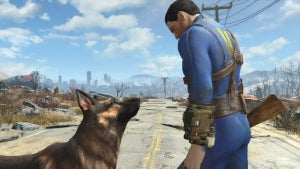The advent of HD gaming brought sweeping changes to the industry. Games were more expensive than ever to produce and gamers’ expectations were high. Gaming became dominated by massive triple-A technological marvels whose budgets rivaled those of blockbuster movies. These triple-A games became more and more homogenized, and smaller studios tried their best to emulate their success. This trend, combined with increased costs and a more massive and mainstream culture surrounding video games, led to the death of many niche or “outdated” genres. Here are some that we miss the most.
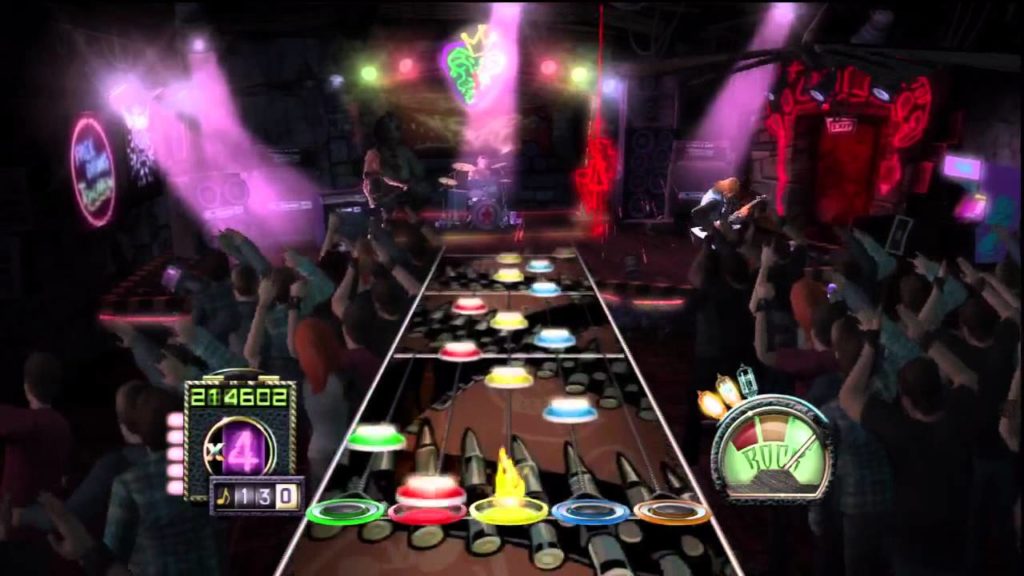
3 dead video game genres that desperately need to come back
3D Mascot Platformers/Collectathons
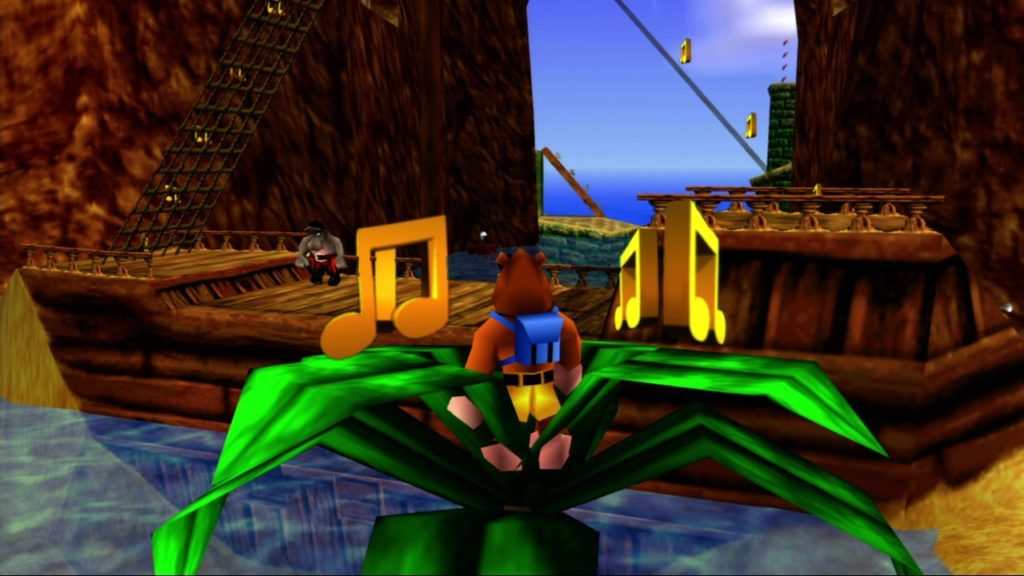
The upgrade from 16-bit to 64-bit consoles was arguably the greatest technological leap in gaming history. The 3D polygonal graphics of the Nintendo 64 and PlayStation blew gamers’ minds, and the ability to move freely in 3D was a marvel in of itself. As such, 3D platformers that encouraged exploration and finding collectibles became an extremely popular genre.
Gaming studios were churning out collectathons left and right, each one creating their own mascot to rival the Marios and Sonics of the world. Not every mascot was a hit, as there are few people in the world who remember Bubsy or Gex, but this era led to the creation of characters that are beloved to this day, such as Spyro, Crash Bandicoot, and Banjo-Kazooie.
Unfortunately, as technology improved, the ability to move in 3D was no longer as novel as it was in the past. A flood of cheaply made, poor quality licensed 3D platformers tarnished the genre, and gamers were no longer excited by the thought of scouring every part of a level for collectibles. It’s truly a shame, as the genre holds some of the greatest games of all time, such as Super Mario 64. Speaking of Mario, the 3D Mario games are basically the only high-profile 3D platformers that still exist today.
Fortunately, there has been a recent resurgence in 3D collectathons. Indie games like Yooka-Laylee and A Hat In Time prove that there is still a market for colorful characters exploring quirky worlds.
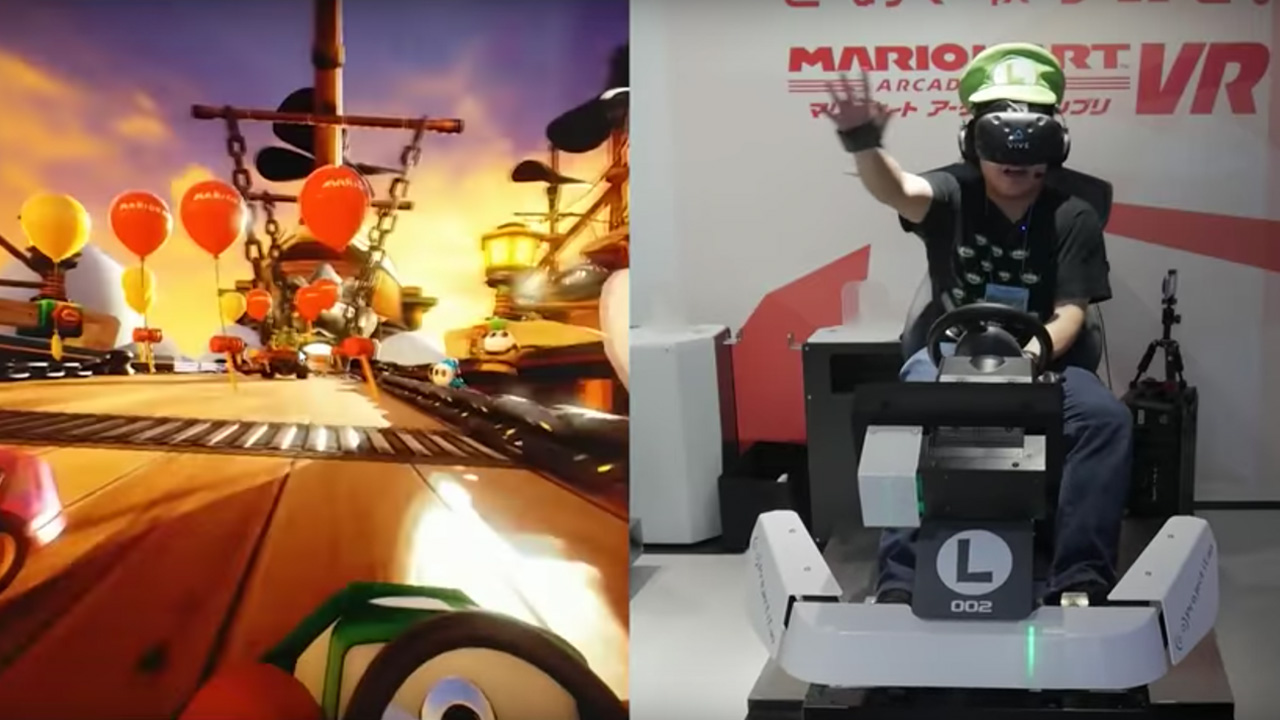
Watch: Mario Kart VR looks INTENSE
Would you play this?Rhythm Games
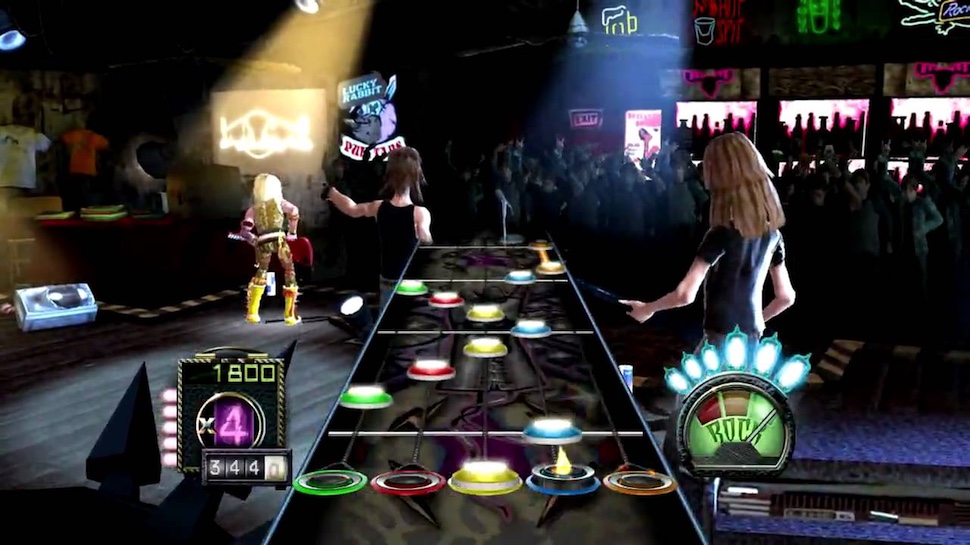
In the early to mid-2000s, Dance Dance Revolution and Guitar Hero took the gaming industry by storm. They weren’t the first rhythm games, nor were they the first ones to utilize peripherals, but they were definitely the first rhythm games to break the mainstream. Dance Dance Revolution was an absolute craze, and the machines gobbled up quarters all over the world as people danced frantically to the onslaught of flashing arrows. The game was accessible, had both universal and hardcore appeal, and worked up a good sweat.
Guitar Hero allowed players to live out their rockstar fantasies without requiring any of the musical talent. The plastic guitars bundled with the game were sturdy and easy to use, and the collection of songs featured appealed to rock purists and casual listeners alike. Later down the line, Rock Band allowed drummers and vocalists to join in the fun, creating one of the best party game experiences ever made. Spinoffs like Just Dance, SingStar, and DJ Hero became their own successful franchises, and rhythm games enjoyed new audiences due to the casual gaming boom brought by the Wii and Nintendo DS.
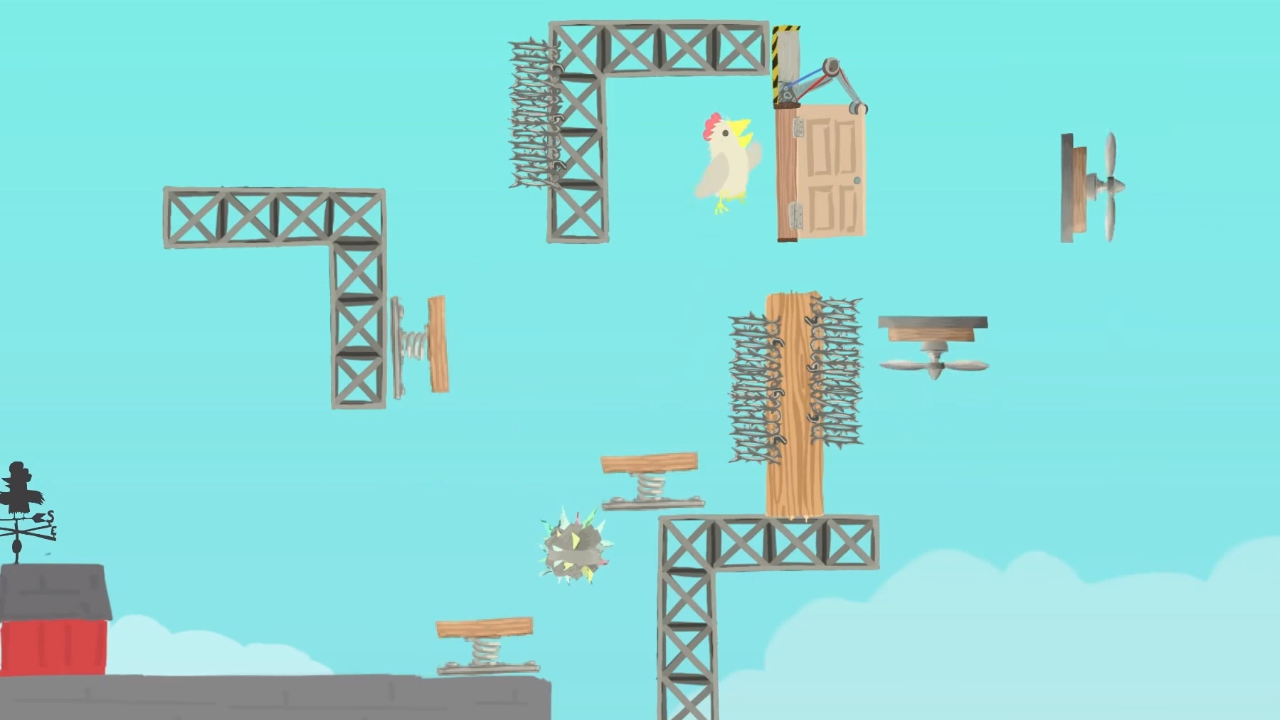
5 best party games for PC
Play these classics with friendsUnfortunately, the genre experienced a sharp decline in the 2010s. Greedy publishers cranked out so many Guitar Hero and Rock Band spinoffs that fans became burned out from the formula. Critics accused publishers of milking the Guitar Hero and Rock Band brands by pumping out spinoff after spinoff instead of focusing on more fleshed out entries in their main series. Additionally, the high cost of the peripherals contributed to the decline of the genre. Players would often have to buy expensive additional instruments as the ones they owned either broke or became incompatible with more recent games.
It is unlikely that peripheral rhythm games will return to mainstream popularity, and they are considered to be a fad by pop culture at large. However, the Guitar Hero gameplay lives on through free fan-created projects like Clone Hero that allow users to upload, create, and play notations for popular songs.
Extreme Sports Games
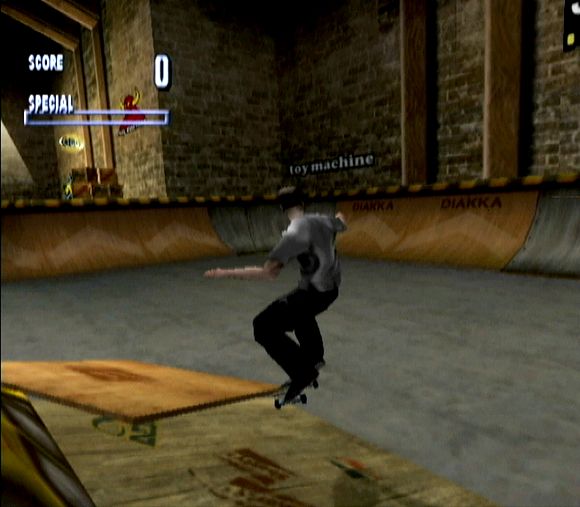
You young ones may not know, but in the late 90s and early 2000s extreme sports were EVERYWHERE. (The more Xs you used to spell “exXXxxxXXtreme,” the more extreme it was.) Skateboarding culture was incredibly popular, and skateboarders like Tony Hawk and Bam Magera became household names. As with everything that becomes popular, video games soon followed, and thank God that they did.
The Tony Hawk Pro Skater series is often regarded as one of the greatest gaming franchises of all time. The fast-paced, addictive, and easy-to-grasp but hard-to-master gameplay proved to be a hit with gamers everywhere. There was an exhilarating sense of speed and momentum with every ollie, kickflip, and grind, and chaining together tricks was a frantic exercise in coordination. The humorous and rebellious presentation of the games helped too, as did its glorious pop-punk and ska soundtrack. The early Tony Hawk games were some of the best examples of how 3D technology can lead to fantastic and fresh game design. SSX took a similar arcadey approach to snowboarding and also achieved tremendous success. Later down the line, more realistic skating games like Skate provided an alternative to Tony Hawk that was more faithful to the mechanics of real-world skating.
Sadly, the popularity of extreme sports waned significantly in the mid-2000s. Whereas earlier skating culture hit a sweetspot of rebelliousness and mainstream popularity, it quickly, for whatever reason, became less cool in the eyes of the public. This decline led to a drought in extreme sports games. It didn’t help that later entries in the Tony Hawk series (mostly after THUG 2) were cheaply made spinoffs that failed to capture the charm and brilliant gameplay of their predecessors. Activision attempted to revive the Pro Skater franchise a few years ago with both the remake Tony Hawk Pro Skater HD and the new entry Tony Hawk Pro Skater 5, but neither filled the lofty shoes of earlier games in the series.
Do you miss these games? Did we miss any dead genres that need to come back? Let us know!

